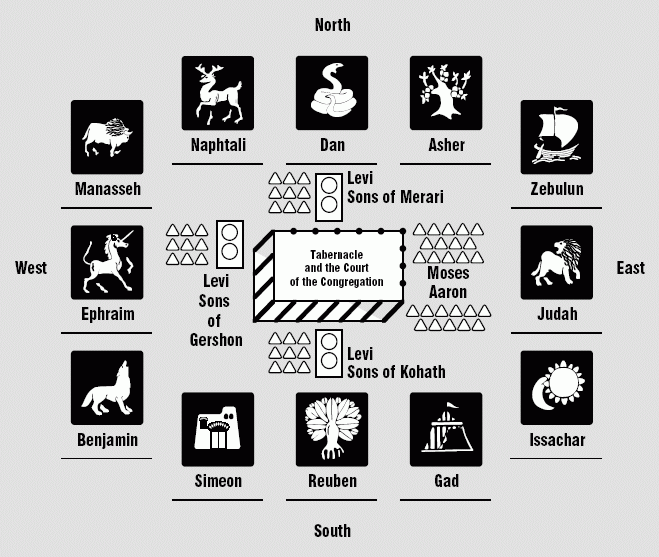Question
Dear Gramps,
Can you tell me from which parent does a child receive his or her lineage? Particularly if the parents are from different tribes?
Thanks.
Jeff
Answer
Dear Jeff,
We all receive our lineage from both parents. For instance, if your father was a Scotsman and your mother a German, you would have both Scotch and German ancestry. Here are a couple of quotes from Presidents Brigham Young and Joseph Fielding Smith:
Israel is dispersed among all the nations of the earth; the blood of Ephraim is mixed with the blood of all the earth. Abraham’s seed is mingled with the rebellious seed through the whole world of mankind” (Discourses of Brigham Young, p.437).
Therefore, through the scattering of Israel among the nations, the blood of Israel was mixed with the Gentile nations, fulfilling the promise made to Abraham. Most of the members of the Church, although they are designated as descendants of Abraham, through Israel, also have in their veins Gentile blood. This is to say, no one is a direct descendant through Ephraim through each generation, or through Manasseh or any other one of the sons of Jacob, without having acquired the blood of some other tribe in Israel in that descent” (Joseph Fielding Smith, Answers to Gospel Questions, Vol. 3, p.62).
Through patriarchal blessings it is occasionally found that one child in a family is of the blood of Ephraim and another child of the blood of another of the twelve tribes of Israel. That doesn’t mean that either child has none of the blood of the other tribe, but that he is an heir of the blessings pertaining to that tribe, and through that tribe an heir to the blessings of father Abraham. However, the inheritance of those blessings to which he is heir depends upon his faithfulness in obeying the principles of the gospel.
Gramps







